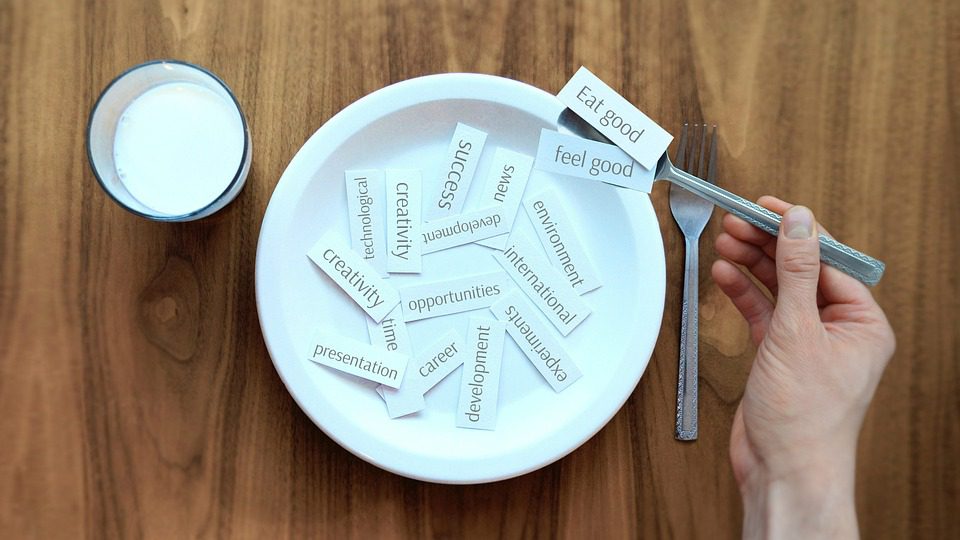Here’s what you need to know about this personalized, empowering approach to food.
When you’re binge-watching a TV show on the couch, chances are you’re doing something else at the same time, such as reading, scrolling through your phone, or snacking.
However, eating while doing something else can lead to unhealthy habits.
Maxine Smith, RD, LD, a dietitian, observes:
“We’re not focusing on what we’re eating and how the food tastes or savoring our foods.”
Nonetheless, this kind of idling eating is prevalent. Smith observes:
“It’s pretty simple to eat mindlessly. Food is such an important part of everyday life and is so easily accessible.
On the other hand, mindless eating is not a desirable habit to develop daily. You may eat more harmful foods than you know, or you may develop the habit of eating when you aren’t even hungry.
Practicing mindful eating may help you get back on track.
What Exactly is Mindful Eating?
According to Smith, mindful eating originated from mindfulness theory and practices, urging individuals to slow down, live in the now, and pay attention to their activities.
Smith says:
“Mindful eating focuses on the why and the how of eating, versus what’s promoted by many diets, which are more what to eat, how much to eat, maybe even when to eat. It’s much more of an internal versus external approach to eating.”
Mindful eating is based on being deliberate and assessing your options. Part of mindful eating is thinking about why and what are you eating for?
This kind of thought is significant because it leads to more careful — and individualized — dietary choices.
Smith adds:
“You’re really thinking about your values and why it’s important for you personally to eat healthfully. It may be to improve your health. It may be to improve your energy and digestion. It could be because your clothes aren’t fitting well, and you don’t want to go out and buy a new wardrobe.”
Learning to eat mindfully indicates a change in perspective as well.
“It’s a really empowering approach as opposed to a deprivation approach,” Smith explains. “You’re reclaiming control over food instead of allowing it to rule you.”
The Advantages of Mindful Eating
In general, mindful eating enables us to choose more healthy meals, improving our overall eating habits. However, adopting mindful eating strategies offers several advantages beyond just improving one’s health.
Improves enjoyment of – and appreciation for – food
Remember how delicious your first bite of ice cream was every summer? Mindful eating may provide you with that happy sensation all year long — and, as an additional benefit, you can obtain pleasure by eating in lesser quantities.
Smith adds that one of the most significant advantages of mindful eating is that we enjoy food more, albeit in less quantities. You’ll be pleased with a kiddie cone rather than a double scoop ice cream cone if you learn to relish meals and connect with all of their distinct sensory components.
As an extra benefit, mindful eating habits may help you feel more grateful for the food on your plate.
The practices include focusing on an appreciation for food and where it came from and appreciating everyone who contributed to the production of that food, as Smith adds.
You’ll also develop a sense of gratitude for all the ways it benefits our bodies, resulting in a more positive appreciation for food.















Leave a Reply